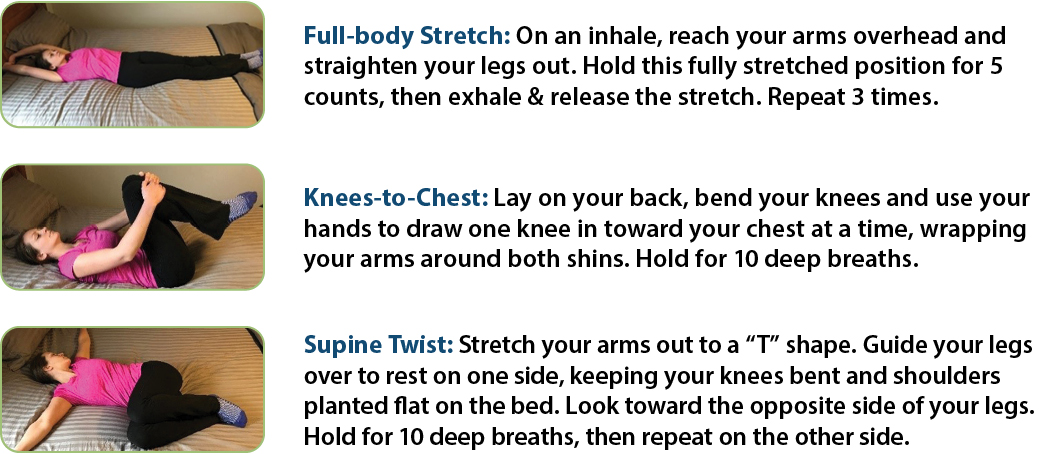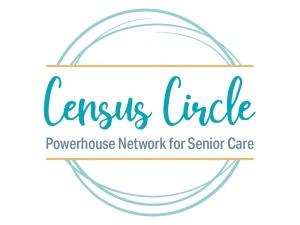Blog by: Stacy Baker, OTR/L, RAC-CT, CHC, Proactive Medical Review
Effective July 15, 2022, HHS Secretary extended the PHE, the new expiration date being October 13, 2022. CMS continues to recognize that disruptions arising from a PHE can affect coverage under the SNF benefit:
- Prevent a patient from having the 3-day inpatient QHS.
- Disrupt the process of ending patient’s current benefit period and renewing their benefits.
While providers may continue using the QHS and Benefit Period Waivers, documentation needs to support how the skilled stay relates to the PHE, and in the absence of the pandemic, that the skilling condition would have required an inpatient hospital stay.
Going back to the March 13, 2020 letter to HHS from CMS Administrator, “SNF care without a 3-day inpatient hospital stay will be covered for beneficiaries who experience dislocations or are otherwise affected by the emergency, such as those who are (1) evacuated from a nursing home in the emergency area, (2) discharged from a hospital (in the emergency or receiving locations) in order to provide care to more seriously ill patients, or (3) need SNF care as a result of the emergency…” The letter goes on to state that the benefit period waiver “will apply only for those beneficiaries who have been delayed or prevented by the emergency itself…”
Furthermore, Proactive has seen recent medical review activity from the Supplemental Medical Review Contractor (SMRC), Noridian. Their current project reports that data analysis completed by CMS and the SMRC identified a potential area of vulnerability, and the SMRC is tasked to perform a medical review on SNF claims (3/1/2020 – 12/31/2021) that had zero hospital days prior to admission.
Click here to continue reading this blog.
About Proactive Medical Review
HTS partners with Proactive Medical Review, a third party company who specializes in ensuring compliance with regulatory standards and promoting measurable care excellence. The team includes SNF experienced nurse, MDS, Health Facility Administrator, therapist and reimbursement specialists with experience serving in multi-site contract therapy operations, as corporate directors of quality, clinical program specialists, and Compliance Officers. Proactive is uniquely positioned to assist in managing the many changes and challenges facing providers partnered with HTS. Learn more about our commitment to compliance here.







